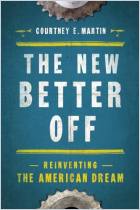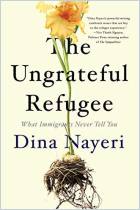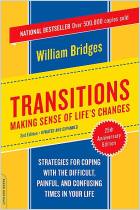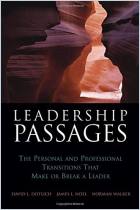
Read or listen offline
Recommendation
In an age of mass migration marked by profound demographic shifts, it is easy to lose sight of individual migrants’ stories and to perceive them as victims of circumstance beyond their control. Such a misguided, if well-intentioned, “victimhood narrative” can inadvertently rob migrants of their ability to define their own stories and to articulate their own hopes and dreams. Writer, editor and Fulbright fellow Sarah Menkedick uses the power of the pen to hand back one Mexican immigrant the control over his own intimate tale. getAbstract recommends this powerful reminder of shared humanity to anyone interested in challenging their assumptions about the immigrant experience.
Take-Aways
About the Author
Sarah Menkedick is the founding editor of Vela and a Fulbright fellow in Oaxaca, Mexico. Homing Instincts, her first book, is forthcoming from Pantheon and Vintage.
















Comment on this summary or 开始讨论